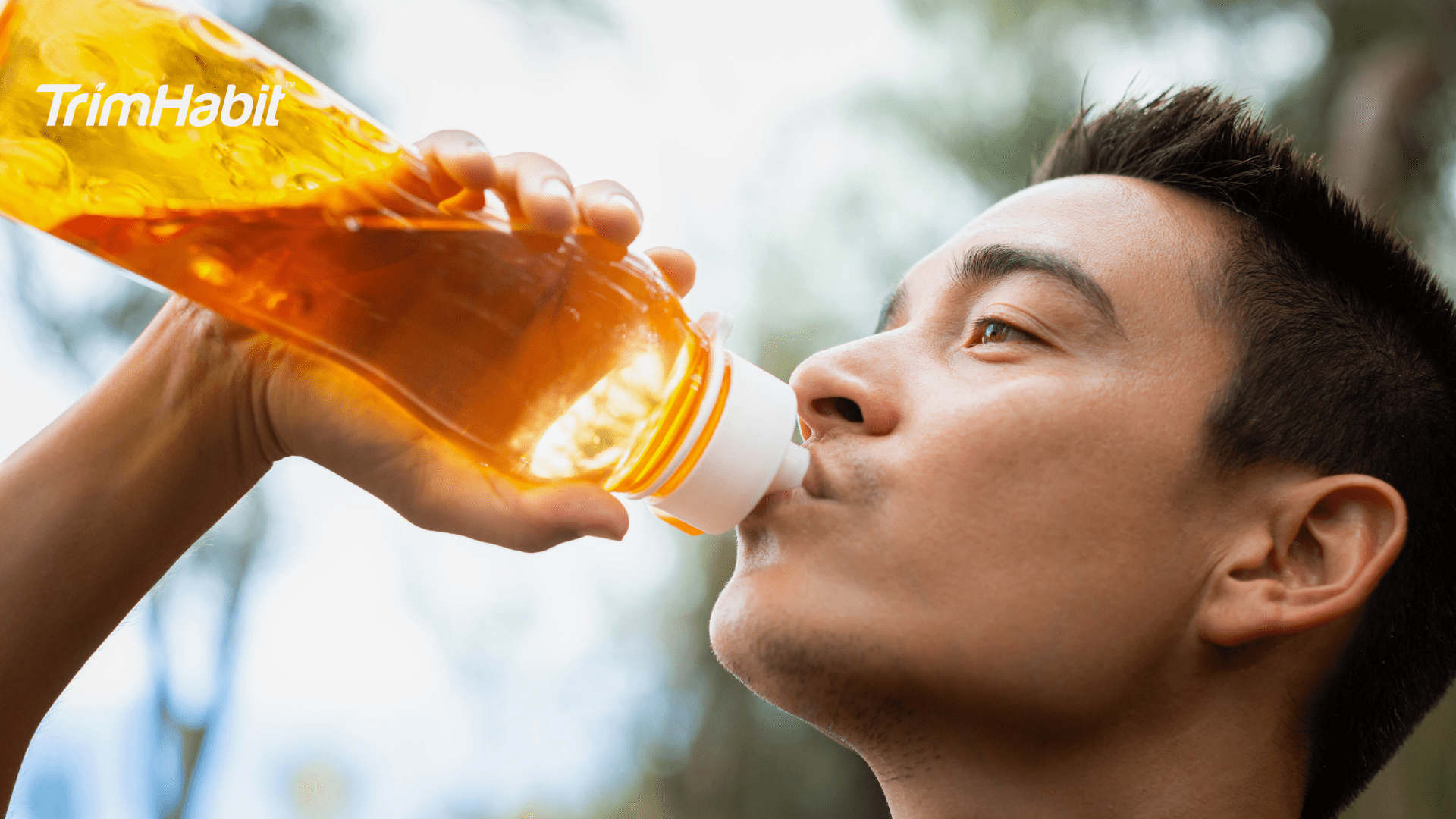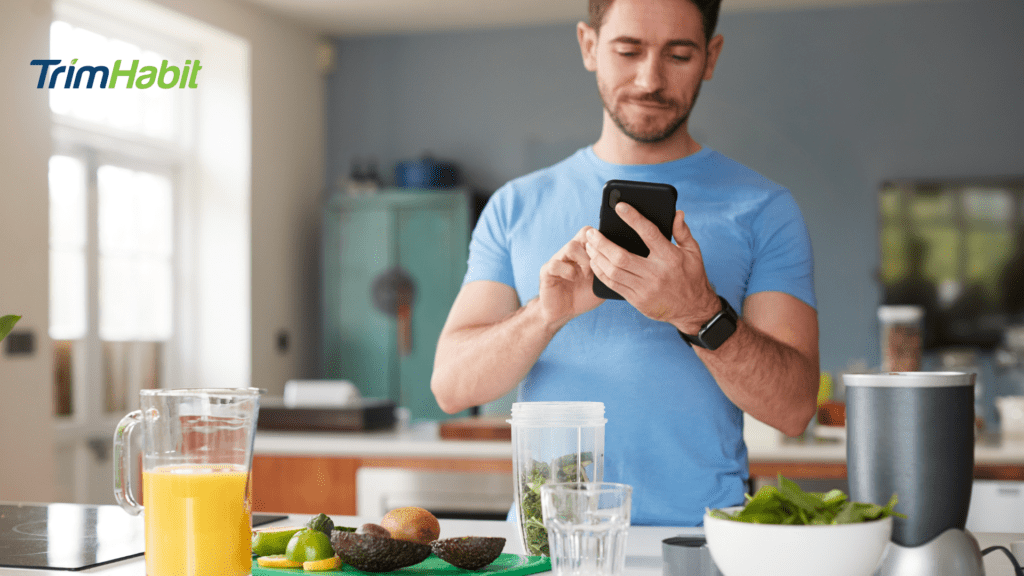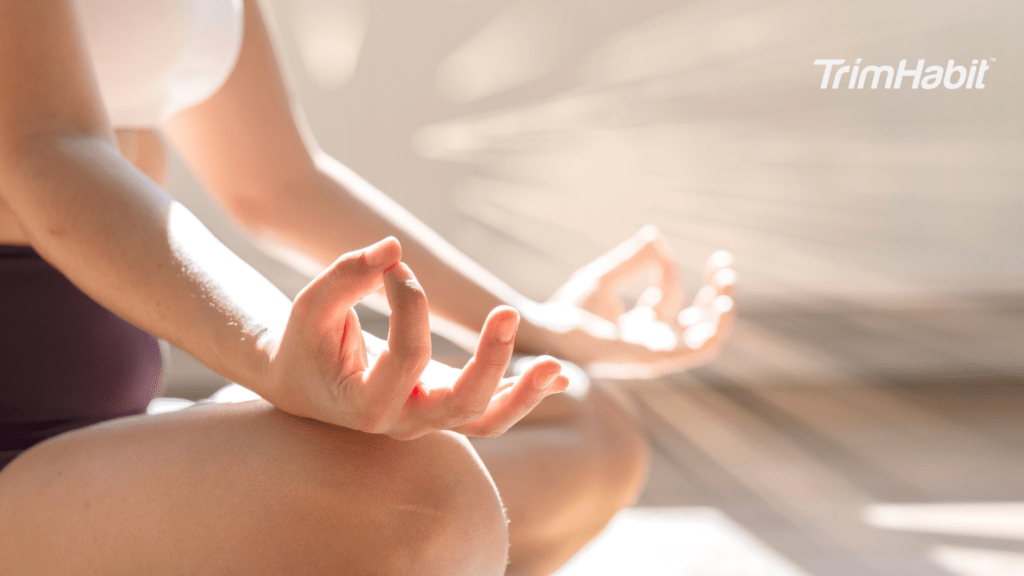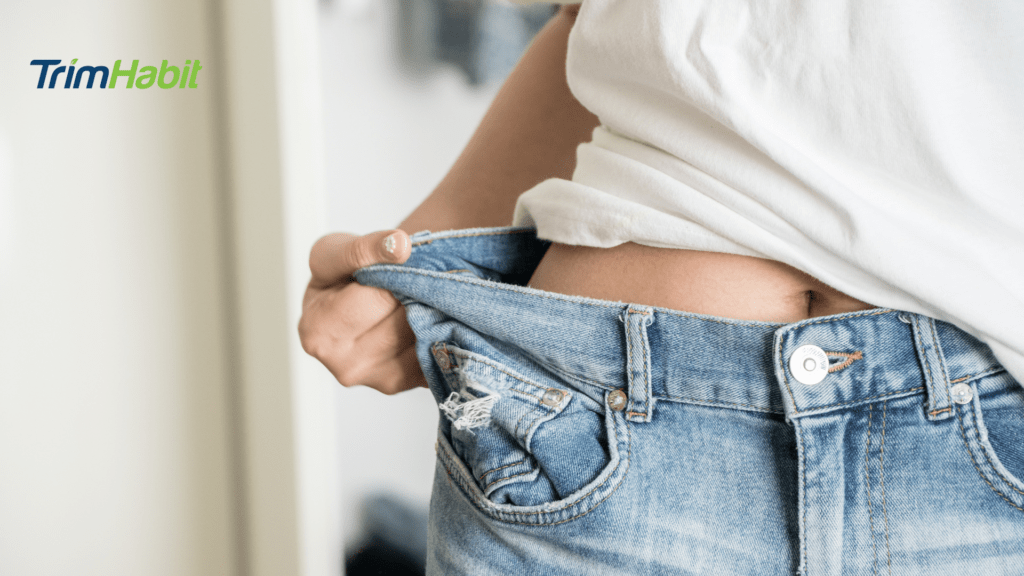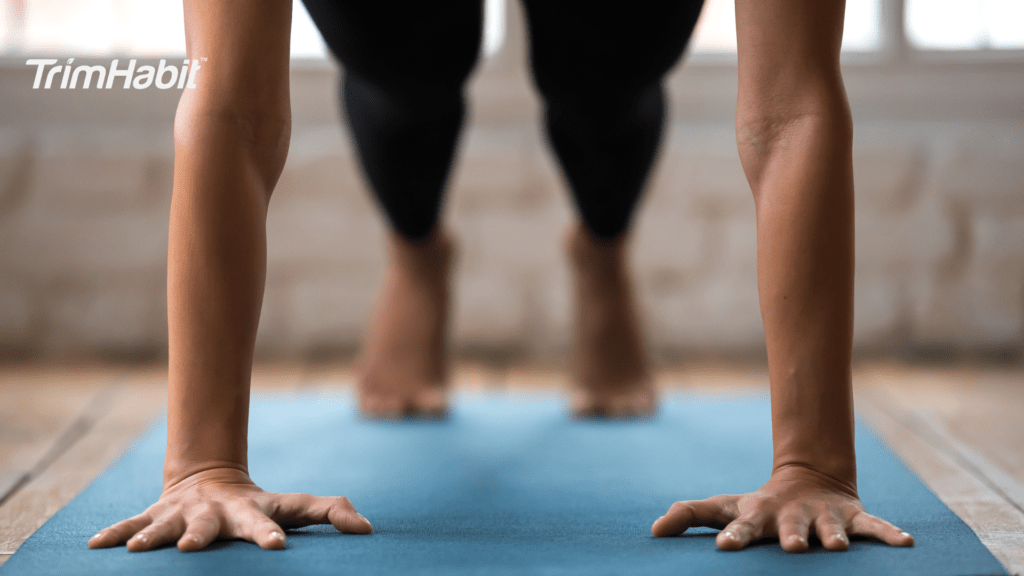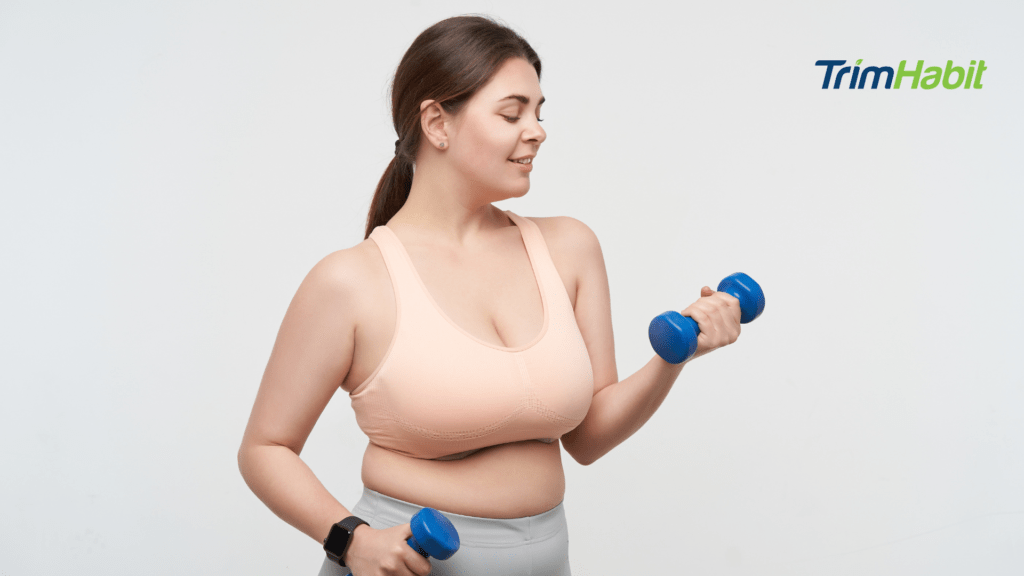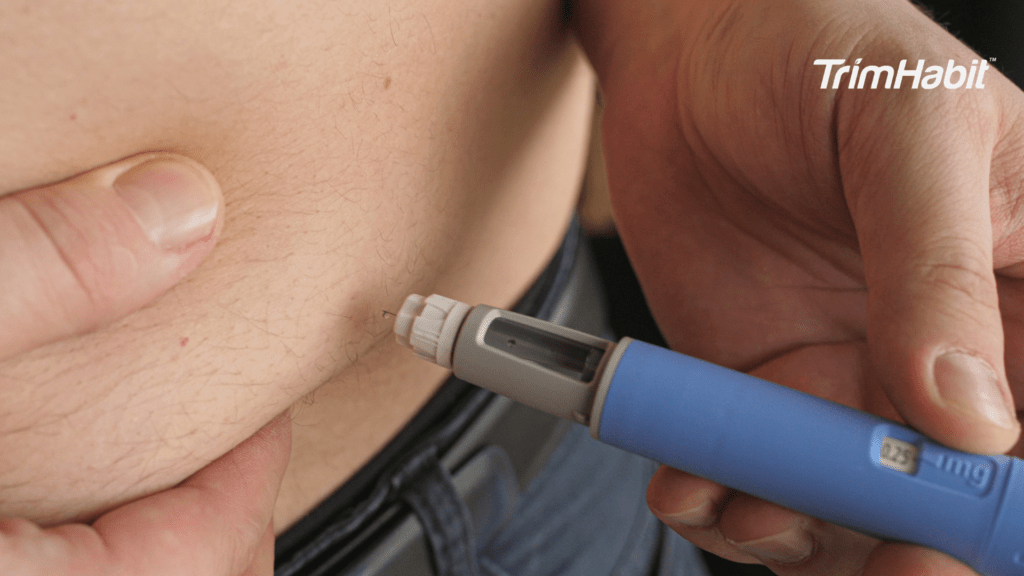Semaglutide, a medication widely used for weight management and blood sugar control, has become a powerful tool for many people on their health journey. However, one common side effect users experience is dehydration, which is often caused by reduced appetite, lower food intake, and fluid shifts in the body.
Semaglutide reduces appetite, which can unintentionally lower water intake and overall fluid consumption. Maintaining proper hydration and making a conscious effort to drink fluids, especially water, is crucial to supporting the human body’s everyday hydration needs while using semaglutide.
This guide will break down the best electrolyte drinks for semaglutide users, highlighting options that promote hydration, complement weight loss efforts, and fit into a balanced lifestyle.
Semaglutide Overview
Semaglutide is a GLP-1 receptor agonist, a medicine class that mimics the natural hormone GLP-1. It was first developed for type 2 diabetes and later expanded into weight management. Influencing blood sugar, digestion, and appetite plays a role in metabolic health and body weight regulation1.
Brand Names
It is available under different brand names depending on use. Ozempic is the weekly injection approved for diabetes, Rybelsus is the oral tablet, and Wegovy is the higher-dose injection used for chronic weight management.
How it Works
Semaglutide increases insulin release when blood sugar levels are high, while reducing glucagon lowers glucose production in the liver. It also slows the emptying of food from the stomach, affecting the digestive system by delaying how quickly nutrients and fluids are absorbed. This can help keep people fuller for longer. In addition to its effects on digestion, semaglutide influences metabolic processes, which can impact energy use and hydration needs. In the brain, it dampens appetite and cravings, making it easier to reduce food intake.
Side Effects
The most common side effects are digestive, including nausea, diarrhea, constipation, and abdominal discomfort. Gastrointestinal symptoms such as nausea, vomiting, and diarrhea can increase the risk of electrolyte imbalance, so monitoring hydration and electrolyte status is essential while using semaglutide. In rare cases, it may cause pancreatitis or gallbladder problems. Because of safety concerns observed in animal studies, it is not recommended for people with certain thyroid cancers or multiple endocrine neoplasia syndromes. Rapid weight loss can also lead to muscle loss if not paired with strength training and adequate nutrition.
Points to Consider
Semaglutide is usually paired with diet and lifestyle changes to achieve the best results. Healthy dietary habits, including choosing hydrating foods and beverages, are crucial for maintaining hydration and electrolyte balance while on semaglutide. Access and coverage can be challenging, especially for weight loss, as insurance policies differ. Physicians typically monitor patients closely to ensure safety and effectiveness.
Why Semaglutide Users Need Electrolyte Support
Semaglutide commonly slows digestion and can cause nausea, vomiting, or diarrhea, especially in the early weeks of treatment or when the dose increases. These symptoms can lead to fluid and electrolyte loss, including sodium, potassium, and magnesium. Users may experience significant fluid loss and lost electrolytes, particularly during episodes of vomiting or diarrhea.
Even mild, repeated losses can affect hydration and energy levels. It is essential to replenish lost fluids and electrolytes to prevent dehydration and related health issues. If lost fluids and electrolytes are not replaced, electrolyte imbalances can occur, so monitoring electrolyte intake is especially important for semaglutide users.
Reduced Food Intake
Since semaglutide lowers appetite, many users eat much less than before. While this supports weight management, it may also mean lower intake of minerals and electrolytes from food sources.
To help maintain electrolyte balance, the diet must include electrolyte-rich foods such as bananas, leafy greens, and nuts. Including certain foods and hydrating foods like fruits and vegetables can also support hydration and electrolyte status, even when overall food intake is reduced. Over time, this can contribute to imbalances, especially if the diet isn’t nutrient-dense.
Muscle Preservation During Weight Loss
Rapid weight loss can sometimes lead to loss of lean muscle mass. Electrolytes such as magnesium, potassium, and calcium are critical for muscle contraction, recovery, and nerve signaling. Supporting electrolyte balance helps reduce cramping, fatigue, and weakness while maintaining muscle health.
Blood Pressure and Heart Health
Some people experience changes in blood pressure as they lose weight with semaglutide. Adequate electrolyte levels, particularly sodium and potassium, are essential for stable blood pressure regulation and cardiovascular function. Sodium and potassium are essential minerals that support stable blood pressure and cardiovascular health.
Hydration and Energy
Electrolytes help the body retain and balance fluids. They regulate body fluids such as blood and urine, essential for hydration and energy. When they’re low, even mild dehydration can cause headaches, dizziness, and fatigue, which are all symptoms that may overlap with semaglutide’s early side effects. Proactive electrolyte support can ease the transition and make the medication more tolerable.
Key Electrolytes To Focus On
Here are the key electrolytes semaglutide users should pay special attention to, and why they matter. Electrolytes are vital for many bodily functions, including hydration, muscle activity, and nerve signaling.
Sodium
- Helps maintain fluid balance and blood pressure
- Often lost through vomiting or diarrhea in the early phases of treatment
- Too little sodium can cause dizziness, headaches, fatigue, and even low blood pressure
Potassium
- Essential for muscle contraction, nerve signaling, and heart rhythm
- Deficiency may lead to muscle weakness, cramping, or irregular heartbeat
- Potassium needs may rise if users eat less or lose fluids frequently
Magnesium
- Plays a role in muscle relaxation, energy production, and glucose regulation
- Supports sleep and helps reduce muscle cramps
- Often under-consumed in the general diet, so it’s worth monitoring closely
Calcium
- Important for bone health, muscle contraction, and nerve function
- Can be affected if food intake is reduced significantly
- Works together with magnesium and vitamin D to maintain balance
Chloride
- Partners with sodium to regulate fluid balance and stomach acid
- Losses can occur with prolonged vomiting or diarrhea
- Helps keep digestion and pH balance stable
Phosphorus (Secondary Focus)
- Supports energy metabolism and bone strength
- Usually maintained unless intake is very low, but worth watching during calorie restriction
Bottom line: Sodium, potassium, and magnesium are the most critical electrolytes for semaglutide users, with calcium and chloride also playing supportive roles. Together, they help maintain hydration, energy, muscle health, and cardiovascular stability during treatment.
What To Look For In An Electrolyte Drink
Here’s a practical guide on what to look for in an electrolyte drink, especially for people using semaglutide. Some users may benefit from an electrolyte supplement or powder, particularly during increased fluid loss, intense physical activity, or when advised by a healthcare professional.
Choosing the right electrolyte supplements can support your weight loss journey by promoting weight loss, maintaining hydration, and helping you manage potential side effects related to electrolyte imbalance.
Balanced Sodium and Potassium
- Sodium helps with hydration and prevents dizziness or low blood pressure.
- Potassium balances sodium and supports muscle and heart function.
- Look for drinks with a reasonable ratio of the two (not just sodium-heavy like some sports drinks).
Magnesium for Muscle and Energy
- Magnesium reduces cramping, supports energy, and calms the nervous system.
- Many common sports drinks leave it out so check the label to ensure it’s included.
Moderate Sugar, Not Overloaded
- A small amount of sugar or carbs can help electrolyte absorption, especially during fluid loss. But too much sugar (like in traditional sports drinks) can worsen nausea or GI upset, which is already a risk with semaglutide.
- Look for low-sugar or naturally sweetened options.
Clean Ingredient Profile
- Choose options without artificial colors, flavors, or excessive additives.
- Natural flavorings and minimal ingredients are easier on the stomach which is important if semaglutide is already slowing digestion.
Added Supportive Nutrients
- Some drinks include calcium or trace minerals like zinc, which add extra support during weight loss and reduced food intake.
- Vitamin C or B-vitamins can be a plus but aren’t essential.
Osmolarity and Hydration Efficiency
- Drinks designed for oral rehydration (like WHO-approved formulas) often hydrate better than sugary sports drinks.
- Look for mention of “ORS,” “hydration formula,” or a balance of electrolytes with just enough glucose for absorption.
In short: The best electrolyte drink for semaglutide users is low in sugar, includes sodium + potassium + magnesium, uses clean ingredients, and balances hydration without upsetting the stomach.
Best Electrolyte Drinks For Semaglutide Users
If you’re using semaglutide, maintaining hydration and ensuring adequate fluid intake are crucial to prevent dehydration. The medication can increase your risk due to appetite suppression and gastrointestinal side effects. Some users may require higher fluid intake and should focus on drinking plenty of fluids to support hydration and overall health.
1. Liquid I.V. Hydration Multiplier Sugar-Free
This is a powder drink mix that uses stevia leaf extract instead of sugar. It delivers a solid combo of sodium and potassium, which helps your body rehydrate after workouts without pushing your glucose too high.
2. LMNT Recharge (Citrus Salt flavor)
Has high sodium (about 1000 mg) and comes with potassium and magnesium. Since it has zero sugar, this one is especially good for intense or sweaty workouts, or when you need strong electrolyte replacement without extra carbs.
3. Ultima Replenisher Electrolyte Mix (e.g. Raspberry flavor)
Very low sugar or no sugar; delivers a balanced mix with potassium, magnesium, calcium, sodium. Good for light-to-moderate workouts and daily hydration without over-loading on calories or sugar.
4. Gatorlyte Rapid Rehydration Electrolyte Beverage
Packets that mix into water; they offer lower sugar than many standard sports drinks and include multiple electrolytes. When you need rapid rehydration after prolonged or high-intensity exercise, this is a good match.
5. Sqwincher Qwik Stik Zero
These are flavor sticks or mix-in sachets, sugar free or near zero sugar, that let you add electrolytes to plain water. Convenient if you want control over how much electrolyte you take in and avoid extra sweetness.
Alternative Options
- Coconut Water: Naturally rich in potassium and easier on the stomach than sugary sports drinks.
- Simple DIY Drink: You can also make your own at home. Mix water, a pinch of sea salt, a squeeze of lemon or lime, and (if you tolerate it) a small splash of fruit juice or a drizzle of honey for flavor. For an extra boost, you can add a little coconut water.
Tips For Staying Hydrated On Semaglutide
More than the electrolyte drinks you choose, hydration on semaglutide also depends on simple daily habits that help your body absorb fluids better. Here are some practical tips to keep in mind:
Sip water consistently, not all at once. Because semaglutide slows digestion, chugging large amounts of water can leave you feeling bloated or nauseous. Small, frequent sips throughout the day are easier to tolerate and more effective.
Carry a refillable water bottle. Having water within reach makes it much easier to keep up with hydration, especially when appetite is low and you might forget to drink.
Add electrolytes when needed. If you’re sweating, exercising, or not eating much due to nausea, plain water may not be enough. Use low-sugar electrolyte drinks, coconut water, a homemade water mix, a pinch of salt, and lemon juice.
Flavor your water lightly. If plain water feels unappealing, infuse it with cucumber, berries, lemon, or mint. This can make it more refreshing without adding much sugar.
Eat water-rich foods. Fruits and vegetables like cucumber, watermelon, oranges, and celery provide hydration and nutrients, which are helpful if your food intake is reduced.
Set reminders to drink. Semaglutide reduces appetite, which can also reduce your natural thirst cues. Setting alarms or using hydration apps can help you stay on track.
Watch caffeine and alcohol. Both can dehydrate you. If you consume them, balance with extra water or electrolytes.
Monitor your urine color. A pale yellow color usually means you’re well-hydrated. Checking your hydration levels regularly by monitoring urine color can help prevent dehydration.
Be cautious with temperature. If you’re struggling with nausea, ice-cold water may feel too harsh. Try room-temperature or warm water with a slice of lemon or ginger instead.
Adjust for side effects. On days when semaglutide causes nausea, stick to small, frequent sips or soothing hydration options like diluted coconut water or herbal teas.
Precautions And When To Talk To A Doctor
While semaglutide can support weight management effectively, it’s important to stay alert to how your body responds. Some signs of dehydration or discomfort may require medical guidance. Here are key precautions to remember and when it’s best to talk to your healthcare provider:
Be careful with electrolyte drinks. Not all are created equal as some have very high sodium or sugar. If you have diabetes, kidney disease, or high blood pressure, check labels closely before using them. Semaglutide and electrolyte drinks can affect kidney function, so users with kidney issues should consult their doctor.
Don’t overhydrate. Drinking too much water in a short period can dilute sodium in your blood (hyponatremia), which can be dangerous. Sip steadily instead of overloading at once.
Watch for dehydration signs. Persistent dry mouth, dark urine, dizziness, or headaches can mean not getting enough fluids or electrolytes.
Take note of nausea and vomiting. These side effects of semaglutide can increase your risk of dehydration. It’s important to tell your doctor if they are severe or ongoing. If you experience severe symptoms of dehydration, such as confusion, rapid heartbeat, or fainting, seek immediate medical attention.
Monitor blood sugar levels. If you have diabetes, certain electrolyte drinks with hidden sugars may cause spikes. Keep a close watch on how your body responds.
Avoid self-adjusting doses. If you feel unwell, don’t skip, change, or double your semaglutide dose without medical advice. Always consult your healthcare provider first.

